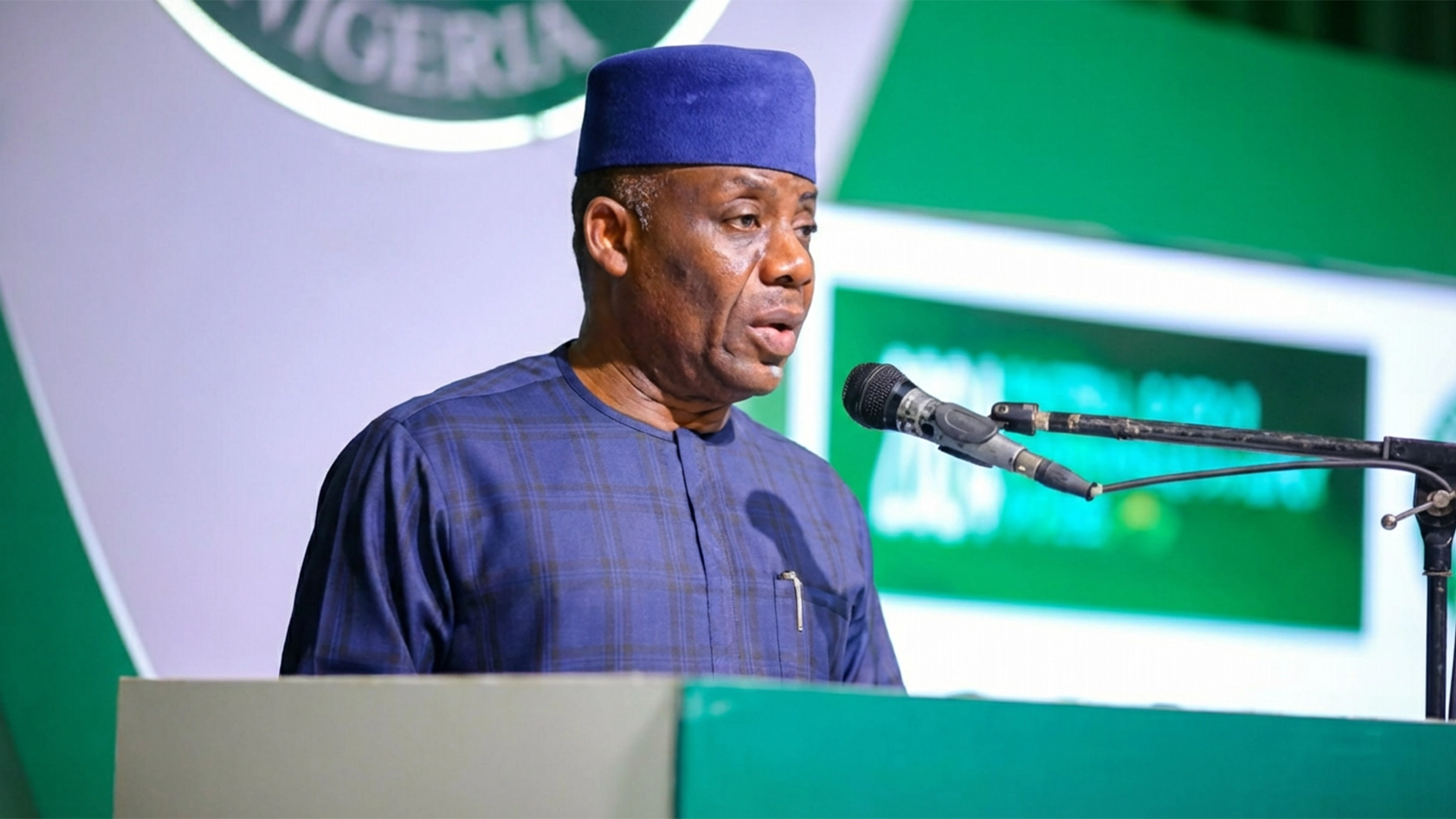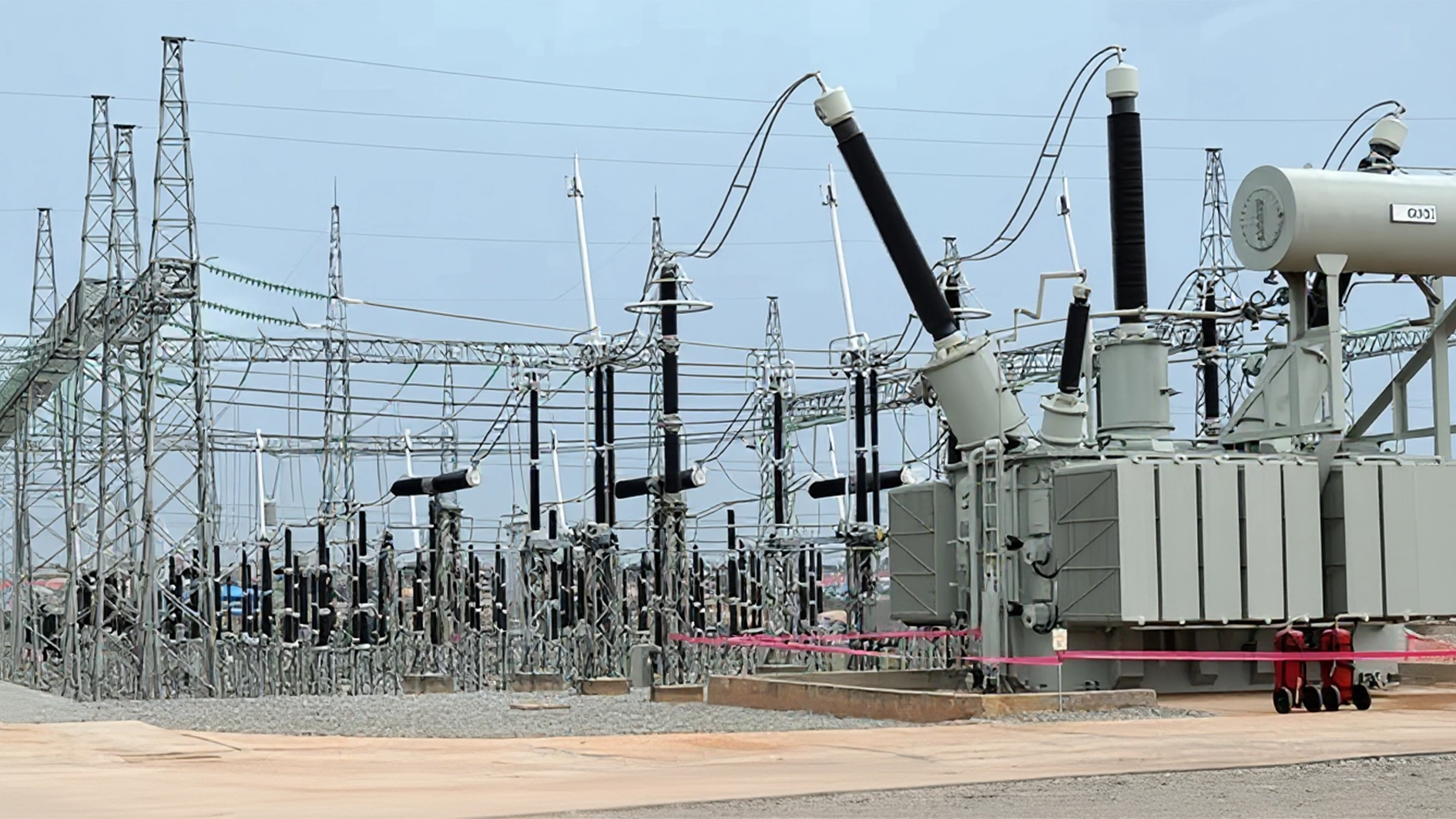The recent renovation of the International Conference Centre (ICC), Abuja and its subsequent renaming as Bola Ahmed Tinubu International Conference Centre provide a mixed grill for Nigerians. On one hand, renovating public structures and monuments is a matter to be applauded, in line with the dictates of maintenance and upgrade. On the other hand, the amount of N39 billion said to be spent for the renovation is certainly on the high side and looks suspiciously prohibitive. Government can do better to conserve the cost of maintenance, as part of the cost of governance that many Nigerians believe is too high, particularly in this period of economic adversity that the country is going through.
For a renovation project of such magnitude, it is curious that most Nigerians were not even aware of it until the rebranding was completed, making any debate as to the propriety of the cost nothing but an academic exercise. And to crown the displeasure of Nigerians, the ICC was renamed after President Tinubu in what seems like a gesture in pursuit of vain glory and self-aggrandisement. Again, the government could do better than that.
The renovated conference centre was unveiled with a funfair as part of the projects commissioned by the Federal Capital Territory (FCT) to mark the second anniversary of the assumption of office of the current administration. Built by the military administration of President Ibrahim Babangida, the conference centre became one of the landmark facilities at the time Nigeria’s capital was officially relocated to Abuja on December 12, 1991. Ordinarily, renovating a facility that had served as the prime choice of venue for state functions, as well as for events by corporate organisations, shouldn’t become subject to controversies. The extent of depreciation of the facilities after three decades of operation may have prompted elaborate renovation, particularly with regard to standard upgrades for aesthetic appeal and improved services. Without doubt, the decision by the FCT to renovate the centre is consistent with popular clamour for maintenance culture with the view to changing the narrative of habitual decadence and abandonment of public monuments by successive administrations.
It is indeed laudable that the renovation of the centre included the upgrade of the facilities to make it appealing to patronage from prospective users. The directive by President Tinubu that Ministries, Departments and Agencies (MDAs) must pay for the use of the facilities is also commendable, considering the penchant for abuse of privileges by government functionaries. Notwithstanding the desirability of the renovation, the whopping sums of N39 billion spent on the project should not escape public scrutiny. To this extent, the claim by the FCT Minister Nyesom Wike that the renovated conference centre has generated N700 million in revenue within two weeks of operation cannot be an acceptable excuse for the huge cost of renovation, which clearly begs for answers.
Irrespective of the positive sides of the renovation, the renaming of the centre after President Tinubu would come across as immodest and insensitive, considering the number of public institutions already named after the president within two years in office.
Questions are being asked on transparency and accountability deficits in governance, which largely depict the emerging character of political patronage. The N39 billion reportedly spent on the renovation deserves public anger on account of the dwindling culture of public probity. Further, the renaming, a decision of the FCT Minister, amounts to yet again undue political patronage of President Tinubu. The action is an unsavoury pointer to the emerging trend of naming and renaming of public assets after individuals without cogent justification and in flagrant disregard of the sensitivity of the public.
Whereas naming monuments in honour of deserving citizens has always registered as fitting rewards for selfless contributions to nation-building and in recognition of patriotic commitments, the practice of routinely extending patronage through the personalisation of public assets is worrisome and distasteful. The passion for naming public assets after individuals solely on account of self-aggrandisement has assumed a disturbing dimension. It is particularly worrisome that public assets named after President Tinubu within the space of 16 months include an Army Barracks, Technology Innovation Centre, a highway and the National Assembly Library. It is improbable that the president was unaware that these public assets were named in his honour within the FCT and the ripples such outlandish gestures have generated.
To this extent, President Tinubu should have openly rejected the renaming of ICC in his honour; particularly when the former president, under whose administration the conference centre was built, didn’t take the glory despite his still being alive to see events unfold. The president should view the sentiment of Human Rights Writers Association of Nigeria (HURIWA), which described the renaming of ICC as “personality cult worship” and “absolutely self-serving malfeasance” as an indictment serious enough to warrant cautious moderation going forward.
It is indeed worthy of note that Nigeria has a history of honouring leaders through naming and renaming of monuments that have received profound demonstration of public approval. Hitherto, naming or renaming of public monuments was considered a sensitive matter of public interest. Such gestures were not only considered rare recognition but are necessitated by circumstances that make honour vested in the deserved individuals able to applaud. The track records of service of the beneficiaries, which are of public knowledge, are evaluated on the strength of popular approval upon leaving office. It is evident that monuments named after heroes, living or dead, particularly pre-independent Nigerian nationalists, as well as leaders of the First and Second Republics, have continued to reflect their historical essence till today. More so, the deeds of leaders honoured with monuments on account of their services to the nation have continued to serve as reference points after their demise.
Therefore, the vainglory and self-serving agenda that seems to underpin prevailing desperation of naming and renaming public assets after the incumbent and their cronies is more of a disservice to the country. We therefore strongly advocate a return to the established practice of naming or renaming monuments after individuals so deserving after they have left office. Public projects should also be accorded necessary scrutiny for the purpose of transparency and accountability; and for the government to distance itself from accusations of underhand dealings.






